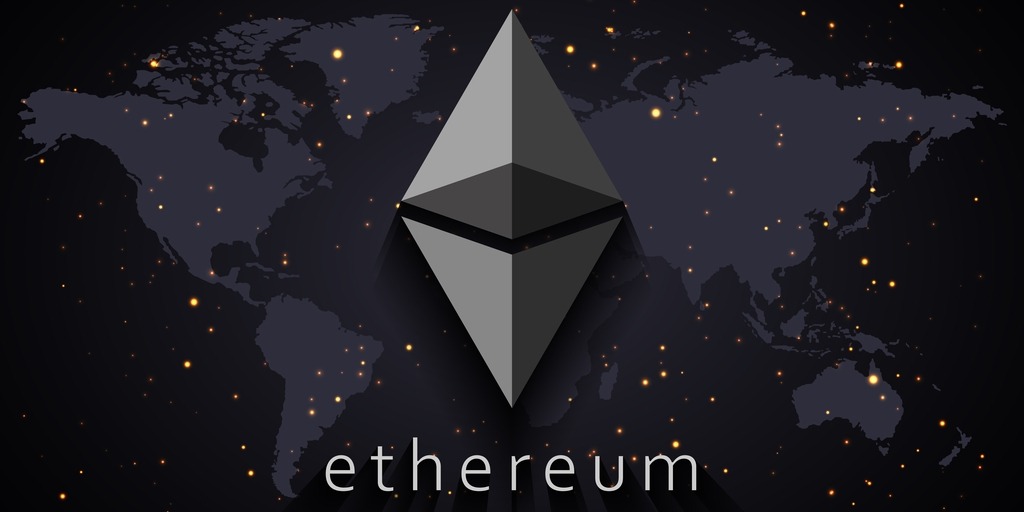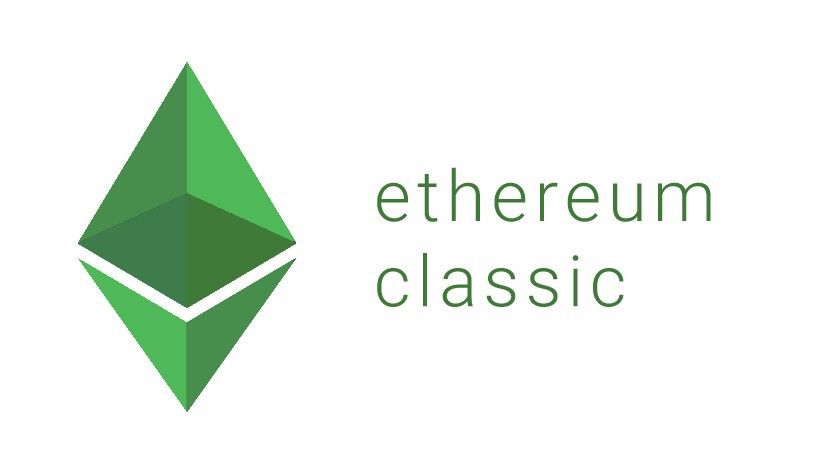Top 10 Technical Smart Contracts And Ethereum Interview Questions
One of the first reasons to get ready for smart contract jobs and make the most of opportunities in different roles is that the Web3 ecosystem is doing well. Whether you want to become a smart contract developer, a DeFi developer, or a solution architect, you should focus on smart contracts and Ethereum interview questions and get the necessary skills and knowledge.
Ethereum is the first blockchain. It was the Solidity programming language that made smart contracts possible. Ethereum is the biggest platform for designing, making, deploying, and maintaining smart contracts for different uses. Ethereum and smart contracts are worth learning about because they can be used in so many different ways.
Top 10 Technical Smart Contracts And Ethereum Interview Questions
1. In Ethereum, what kinds of accounts can you find?
Anyone or anything that has ETH in their account and can send transaction requests on Ethereum has an Ethereum account. Some user-controlled accounts and accounts can be used for smart contracts. Externally-owned accounts are ones that are controlled by private keys that belong to someone else. In the case of contract accounts, the account is run by a smart contract code.
2. Which fields in an Ethereum account are the most important?
The technical questions and answers about Ethereum also pay close attention to the details of the fields in Ethereum accounts. In Ethereum accounts, there are four fields: nonce, balance, code has, and storage root. The nonce is a counter that shows how many transactions have been made from the account. The balance shows how much ETH is in the account. The 256-bit storage hash is the storage room, and the codeHash is an encrypted version of the account on EVM.
3. Do you know what a smart contract is made up of?
The list of advanced smart contracts and Ethereum interview questions would test how well you know the different parts of a smart contract. Data, functions, events, and logs are all parts of a smart contract. Storage data, memory data, and environment variables could exist among the data components. Smart contracts could have function calls that are internal, external, public, or private. The events help the smart contract talk to the outside world, and logs can keep track of the transactions.
4. How is a library of smart contracts helpful?
Developers of smart contracts should know that they don’t have to start from scratch. Any project with code that can be used more than once could use libraries to add smart contract features. The smart contract library has standards for how the code should work and how it should interact with other code. One of the most important benefits of smart contract libraries is that security is guaranteed since open-source libraries are thoroughly checked.
5. What are some good ways to test smart contracts?
Regarding technical questions about Ethereum and smart contracts, the next important interview question about smart contracts is testing. Smart contract testing is the detailed analysis and review of smart contracts to determine the quality of the source code. Both automated and manual testing are often suggested as ways to test smart contracts.
To understand the concept of smart contracts better this interview with @NickSzabo4 is great. @naval and @tferriss do an amazing job asking Nick questions and explaining smart contracts. https://t.co/bR8fRvdOgr
— Oskar (@OskarEggert) November 7, 2021
6. Do you know the specific ways that smart contracts can be tested both automatically and by hand?
The questions about smart contracts will also test your technical knowledge of different ways to test smart contracts both automatically and by hand. Functional testing methods like system testing, unit testing, and integration testing can be used to automate the testing of smart contracts. Methods of static and dynamic analysis are also used in automated testing. On the other hand, code audits and bug bounties are two examples of manual testing methods.
Also, read – Top 10 Programming-based Solidity Interview Questions
7. What must be in place before smart contracts can be used?
Smart contracts must have ETH for gas and the bytecode of the contract in order to be used. It’s important to remember that deploying a contract would take more gas than transferring ETH. A deployment script or plugin is also a very important part of putting smart contracts into action. You also need access to a public node, your own node, or a service provider that connects nodes.
8. What is the EIP-1559?
EIP-1559 could also be a must-discuss point in developer interviews for smart contracts. With the London Upgrade of Ethereum, the EIP-1559 upgrade was added. It allows for a complex way to charge fees for transactions. But it also makes gas prices more predictable, making the transaction fee market run more smoothly.
9. How can you get smart contracts to pay less for gas?
Developers of smart contracts must also have a clear idea of how to lower gas prices. Setting a priority level for transactions is the most recommended way to control gas prices. With tools like Etherscan, ETH Gas Station, and Blocknative ETH Gas Estimator, you can keep an eye on gas prices and send ETH with less gas cost.
10. What steps are there to verify a smart contract?
Verifying a smart contract is not the same as testing it. When you’re asked about Ethereum and smart contracts in an interview, you can talk about the recommended steps for verification. In the first step, source files and settings for compiling are put into a compiler, which makes the contract bytecode. You must now get the contract’s bytecode from the address in question. The next step is to compare the recompiled bytecode with the bytecode that has been deployed. When the bytecode matches, the verification of the contract is done.
Bottom Line
Smart contracts and Ethereum are important parts of the blockchain ecosystem that already exists. They are also important to the future of web3 technologies. The detailed outline of basic Ethereum interview questions and technical questions about smart contract development can help you with interviews.
So, you should stop asking questions like “What are the three biggest benefits of a smart contract?” and learn more about Ethereum and smart contracts. For web3 careers, you need to know a lot of different things, from how smart contracts work to what makes up the Ethereum blockchain. Professional training courses can help you learn more about Ethereum technology and how to make smart contracts.
Stay informed with daily updates from Blockchain Magazine on Google News. Click here to follow us and mark as favorite: [Blockchain Magazine on Google News].
Get Blockchain Insights In Inbox
Stay ahead of the curve with expert analysis and market updates.
latest from tech
Disclaimer: Any post shared by a third-party agency are sponsored and Blockchain Magazine has no views on any such posts. The views and opinions expressed in this post are those of the clients and do not necessarily reflect the official policy or position of Blockchain Magazine. The information provided in this post is for informational purposes only and should not be considered as financial, investment, or professional advice. Blockchain Magazine does not endorse or promote any specific products, services, or companies mentioned in this posts. Readers are encouraged to conduct their own research and consult with a qualified professional before making any financial decisions. The featured image used is just a creative depiction of the title and it does not intend to hurt sentiments of any person or institution. If it hurts anyone sentiments, please do not hesitate to reach out to Blockchain Magazine.

 Bitcoin
Bitcoin  Ethereum
Ethereum  XRP
XRP  Tether
Tether  Solana
Solana  USDC
USDC  Dogecoin
Dogecoin  Cardano
Cardano  Lido Staked Ether
Lido Staked Ether  TRON
TRON  Wrapped Bitcoin
Wrapped Bitcoin  Chainlink
Chainlink  Wrapped stETH
Wrapped stETH  Sui
Sui  Avalanche
Avalanche  Stellar
Stellar  Hedera
Hedera  Toncoin
Toncoin  Shiba Inu
Shiba Inu  LEO Token
LEO Token  Hyperliquid
Hyperliquid  Bitget Token
Bitget Token  Litecoin
Litecoin  WETH
WETH  USDS
USDS  Polkadot
Polkadot  Bitcoin Cash
Bitcoin Cash  Ethena USDe
Ethena USDe  MANTRA
MANTRA  Wrapped eETH
Wrapped eETH  Uniswap
Uniswap  Pepe
Pepe  Ondo
Ondo  Monero
Monero  Aave
Aave  WhiteBIT Coin
WhiteBIT Coin  NEAR Protocol
NEAR Protocol  Mantle
Mantle  Official Trump
Official Trump  Aptos
Aptos  Dai
Dai  Internet Computer
Internet Computer  Ethereum Classic
Ethereum Classic  Bittensor
Bittensor  Cronos
Cronos  OKB
OKB  POL (ex-MATIC)
POL (ex-MATIC)  Gate
Gate 




